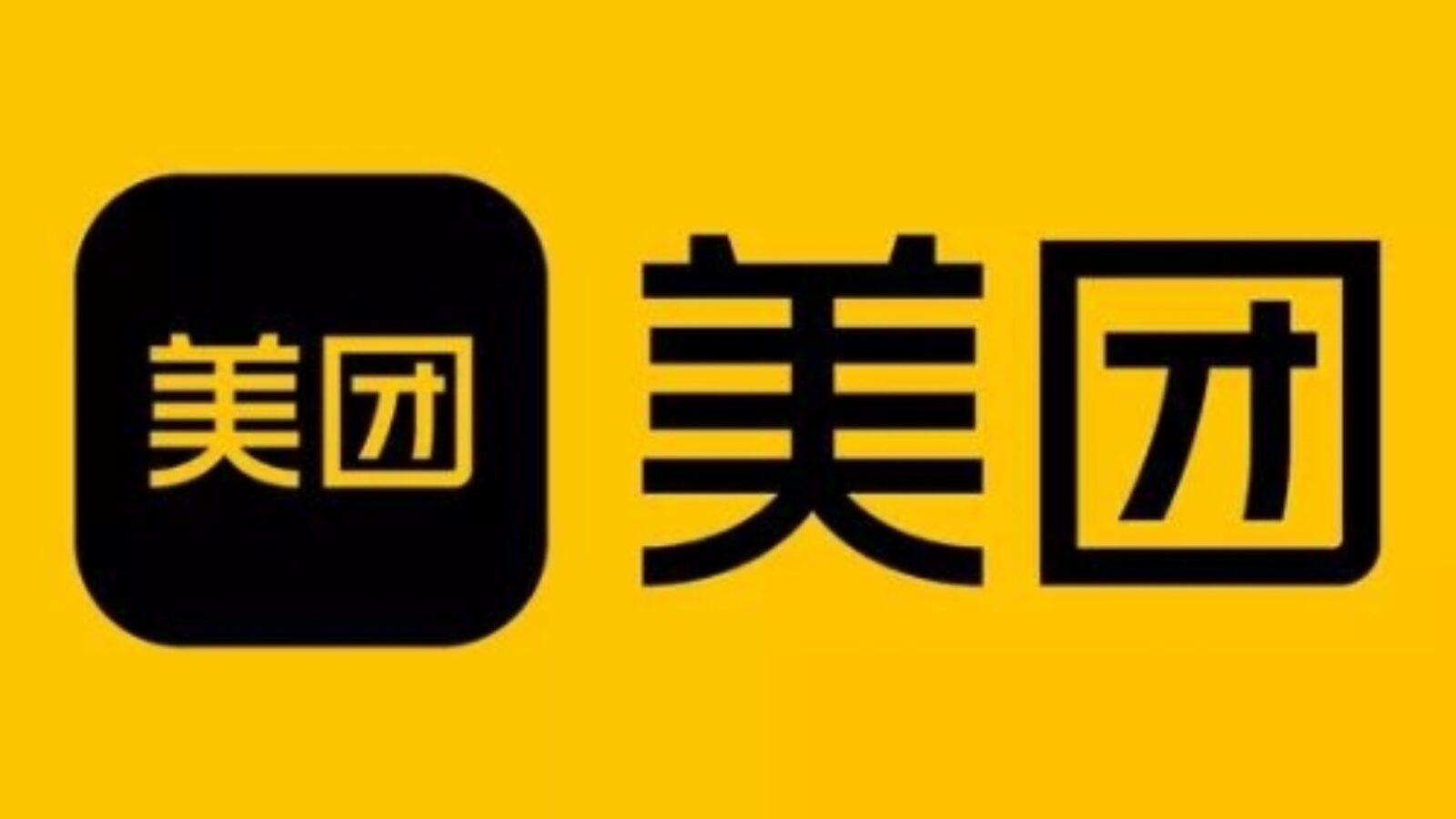It was dinner hour, and my growling stomach led me into the suffocating Hong Kong evening in search of fabled dumplings. At a crowded stall, I pulled out my phone and confidently opened the PayPal app to pay. But the vendor shook his head, gesturing not toward a sign or card machine but at a glowing QR code. The customers behind me tapped their phones, swiped through screens and paid in seconds before walking away with hot buns; meanwhile I fumbled for a scan option on my PayPal app — got news: There wasn’t one. It was like I’d arrived at a smartphone conference with an ancient flip phone.It was more than just a transaction: My first lesson in China’s digital-first world. Card or cash is no longer the question, however; Here, we engage in a more profound debate: Alipay vs. PayPal.
It is to say that both are global payment behemoths capable of connecting to your credit or debit card — but they live in parallel universes. To a traveler, that makes all the difference. One is a well-known international payment mechanism, the other a “super app” that fuels everything from taxis to street food. This isn’t just a matter of money — it’s the difference between a journey that hums along smoothly and one that sputters at every checkout counter. It’s the travel equivalent of Sophie’s choice.
Understanding the Apps: Alipay vs. PayPal
Alipay Overview
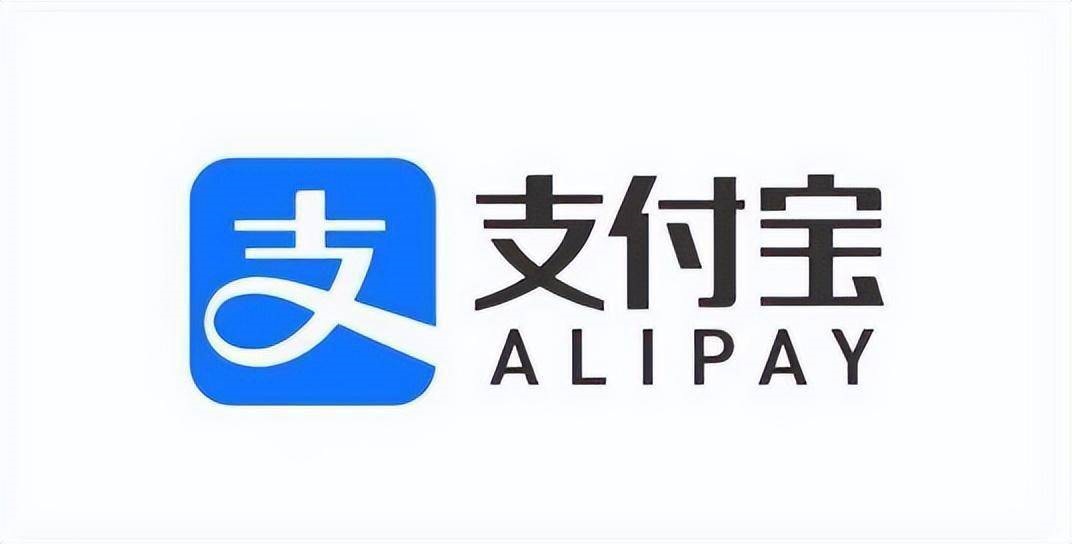
Alipay
Born as a secure checkout tool for Alibaba's online marketplaces like Taobao and Tmall, Alipay has evolved into a full-featured "super app" in China. You see people scanning QR codes to pay for noodles, metro rides, even museum tickets — as if the entire city runs on this one app. During my first visit, I discovered that cash hardly seemed to matter: Alipay was accepted everywhere, including at night markets and street stalls. The app functions as a key to everyday life in China, allowing travelers an opportunity to sync up with the local tempo.
For visitors, still, its approach can feel tricky to set up. You’ll need your passport, a local SIM, and an eligible credit or debit card. Some features remain locked, and foreign cards often have a 3% fee. That said, once it’s up and running, the convenience overrules the costly expense. For a few nights, it is mostly about unadorned digital payments — for meals and rides, shows and so on.
Wondering how to pay like a local during your China trip? Don’t miss Alipay for Foreigners in China: Step-by-Step Setup Guide 2025
PayPal Overview
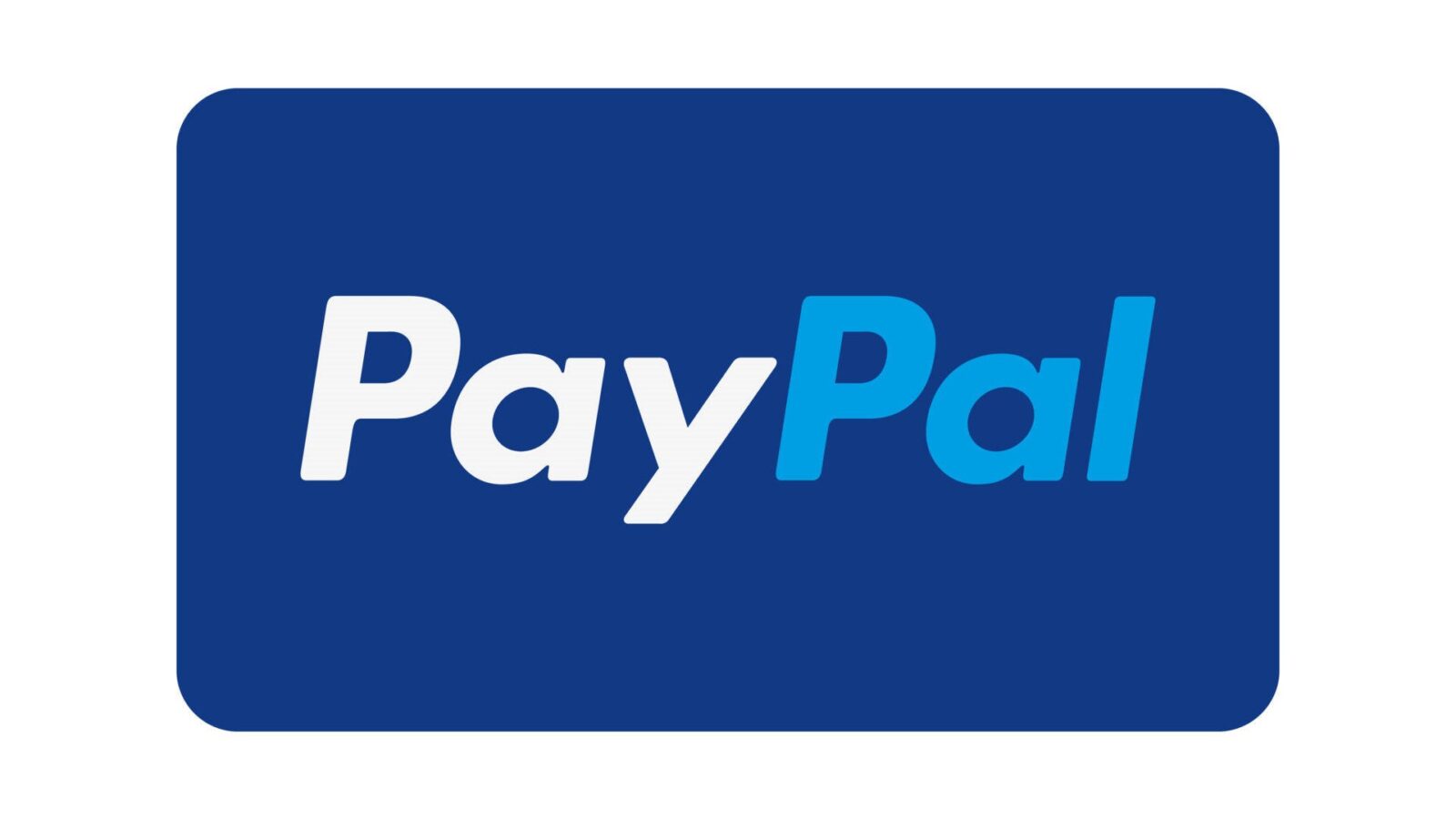
PayPal
An American product that originated with eBay, PayPal has grown into a trusted global brand for internet payments. It is used by millions of merchants, freelancers and shoppers to send or receive funds. With O.K., I’ve booked flights from Europe to Beijing using PayPal and the whole transaction experience has been safe, smooth. For anyone who is used to credit cards, the easy-to-navigate clean design.
But PayPal doesn’t fit into Chinese daily life. You cannot pay for it with street vendors, or cafés or even the metro gates. Indeed, in Shanghai on more than one occasion I tottered upon a small mom-and-pop dumpling shop with no name and even fewer words of English to spare or accept. Once I tried to pay with PayPal — ha! — only for the cashier to point toward an Alipay logo. In China, PayPal is more of a foreign backup. Great for cross-border shopping or hotel bookings but not so useful when you're looking for things to do in China. There is one issue that cannot be observed in the streets: Alipay vs PayPal.
Ecosystem and Services
Alipay’s ecosystem goes far beyond simple payments. Locals use it every day to pay for utilities, taxis, SIM card recharges, and even hospital visits. It also brings financial services like Yu’e Bao for investing, Huabei for credit, and Sesame Credit for renting bikes or apartments. In my second week in Beijing, I used it to pay my electricity bill and then booked a movie ticket within the same app. That made me realize it’s more than a wallet — it feels like carrying a full lifestyle system in your pocket.
PayPal, in contrast, stays focused on its strengths. It handles money transfers, invoices, and international merchants with ease. I’ve sent money home through PayPal many times and the process always worked without a hitch. But daily life in China doesn’t run on PayPal. You can’t top up your metro card, grab lunch, or order local services with it. Alipay creates an all-in-one alipay vs paypal digital payment world, while PayPal connects you to global commerce but keeps you outside China’s local flow. That was my first lesson: in China, the debate isn’t about cash, it's really about Alipay vs PayPal.
Managing Costs: Fees, Exchange Rates, and Security
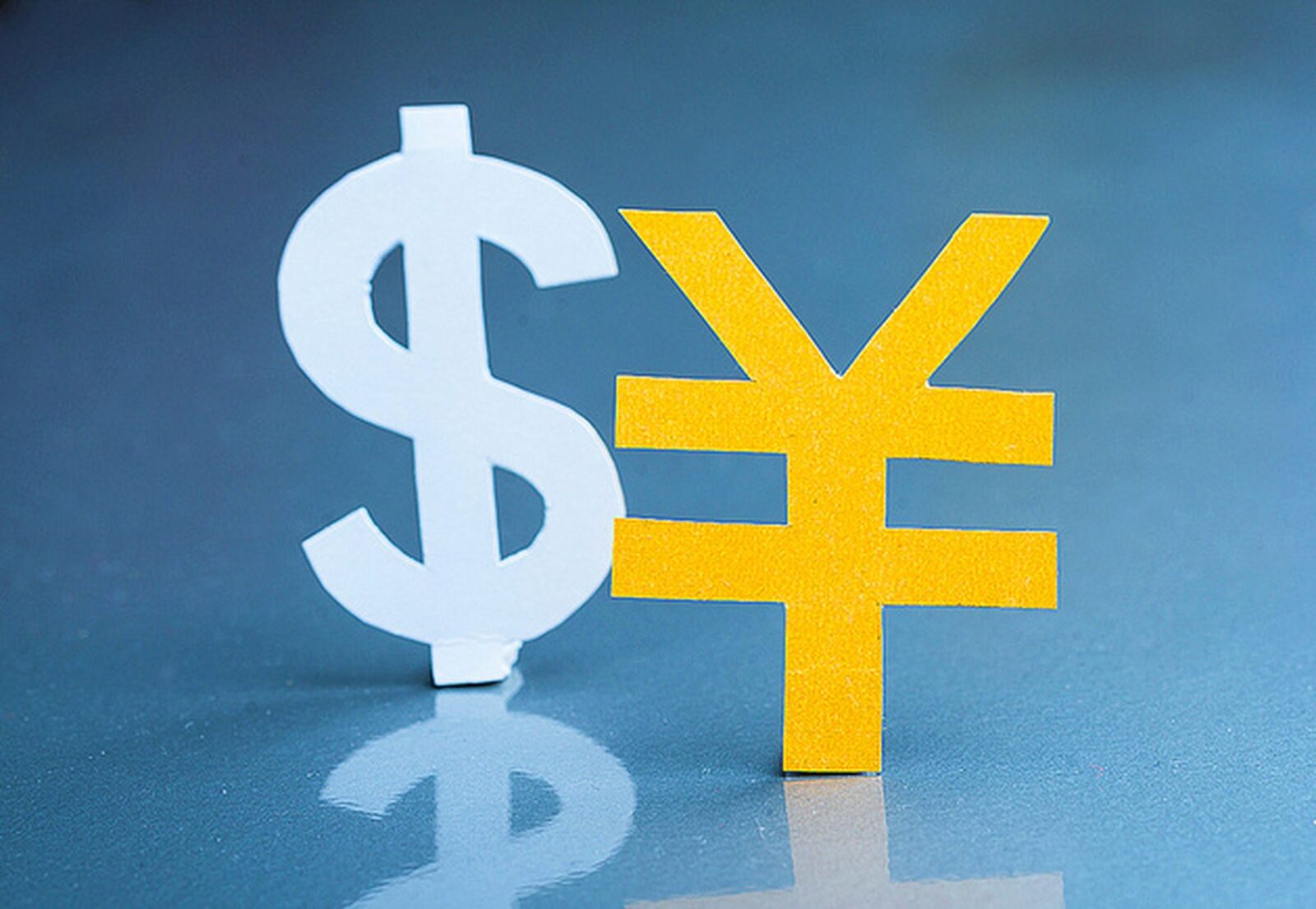
rate
Fees
Money always comes with strings. With Alipay, you can sign up for free; and while there are added costs for most local payments, it doesn't cost anything extra. But pay with a foreign card and you’ll probably incur that 3% service fee, plus a 0.1% charge if you withdraw too much. I’ve seen this happen when a friend attempted to pay for train tickets — cheap fare, the fee was still displayed on his statement.
For PayPal, it’s different. Domestic transfers back to the United States are typically free although in China and you’ll immediately see the costs start to climb. Overseas transfers or currency conversions are charged for, and if you’re booking flights or making an international payment,the final amount may not be what you expect. Those hidden fees matter more than you may realize, when it comes to budget-conscious traveling. Alipay vs PayPal Both have completely different fee systems.
Exchange Rates
If you see a rate on sites like Yahoo or Bing, Alipay’s rates are often very close to those. The fair exchange rate, when I paid for coffee in Beijing via Alipay on a foreign credit card made it seem that way (although still with the small service fee). For everyday digital payments in China — such as for metro fare or snacks — the impact is negligible and seems simpler.
But PayPal is known to tack on a fee for conversion. You don’t realise this until later when you check your bank app and see the charges that are higher than market rate. It’s not a deal-breaker for occasional use, but if you lean on it every day, that can slowly chip away at your budget. For significant cross-border transactions, it’s still reliable, but you will need to take those extra costs into account.
Security
Both take privacy seriously, but in different ways. PayPal is known for its buyer protection. I have bought something online once that did not come, and filed a claim, eventually my money was returned without much delay. This safety net is comforting, particularly when making online payments on sites you don’t know.
Alipay piles it on when it comes to fraud protection, tapping big data and AI to identify suspicious activity. It locked a friend’s account on her just because she bought something in another city, which was frustrating but also proof that the system does operate. It is used in practically millions each day by the locals but you can rest easy as a visitor too. The difference is that PayPal does a good job of fighting for you when disputes are global, while Alipay protects your money in local life.
Engaging with the Audience: User Experience and Local Rhythms
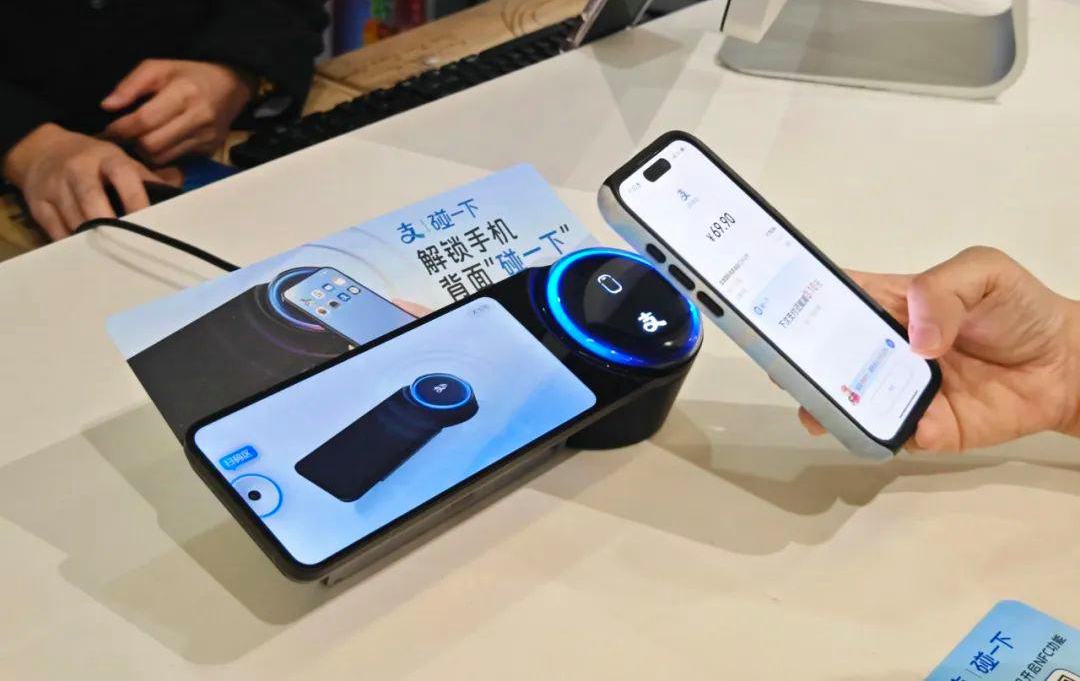
Using Alipay
User Experience (UX)
New users often feel overwhelmed when they first open Alipay. Icons for taxis, food delivery, bills, and public services jump out all at once. At first, the screen looks cluttered. After a few days though, its practicality becomes clear. You realize you can go fully cash‑free, paying by QR code for dumplings or metro rides. In Beijing, I found myself tapping my phone for coffee, snacks, and even tickets. That sense of control felt freeing and efficient.
PayPal feels cozier and more focused. It does one job well: send or receive money. If you already use credit cards for online payment abroad, the layout feels familiar. I once booked a flight using PayPal while traveling in Europe, and the clean design made it easy. This simplicity is a relief when you don’t want distractions. But it also shows the limits. Unlike Alipay, it can’t cover all‑in‑one daily needs in China, and that gap is clear when you see locals using Alipay for everything.
Looking for a quick guide to Alipay QR code for foreigners? Discover Alipay QR Code in 2025: How Foreigners Can Use It with Zero Fuss
Audience
Alipay is widely used by locals in China, and more foreigners now pick it up during their visits. If you’re thinking about things to do in China, like walking through a night market or catching a train, Alipay makes it simple to pay and keep moving. I remember trying to buy roasted chestnuts from a vendor in Beijing with PayPal, and he just smiled and pointed at the Alipay sign above his stall. That moment showed me how daily life in China runs on mobile wallets.
PayPal, meanwhile, has its strength outside China. It supports millions of merchants and freelancers across Europe and North America. For an American or European traveler, it feels familiar and safe, especially when booking hotels or making cross-border purchases. But in China, PayPal won’t open many doors—you can’t use it for snacks, bus rides, or small shops. In the end, alipay vs paypal is about context: one powers local life, while the other connects you to global commerce.
Making Your Choice: A Strategy for Travelers in China
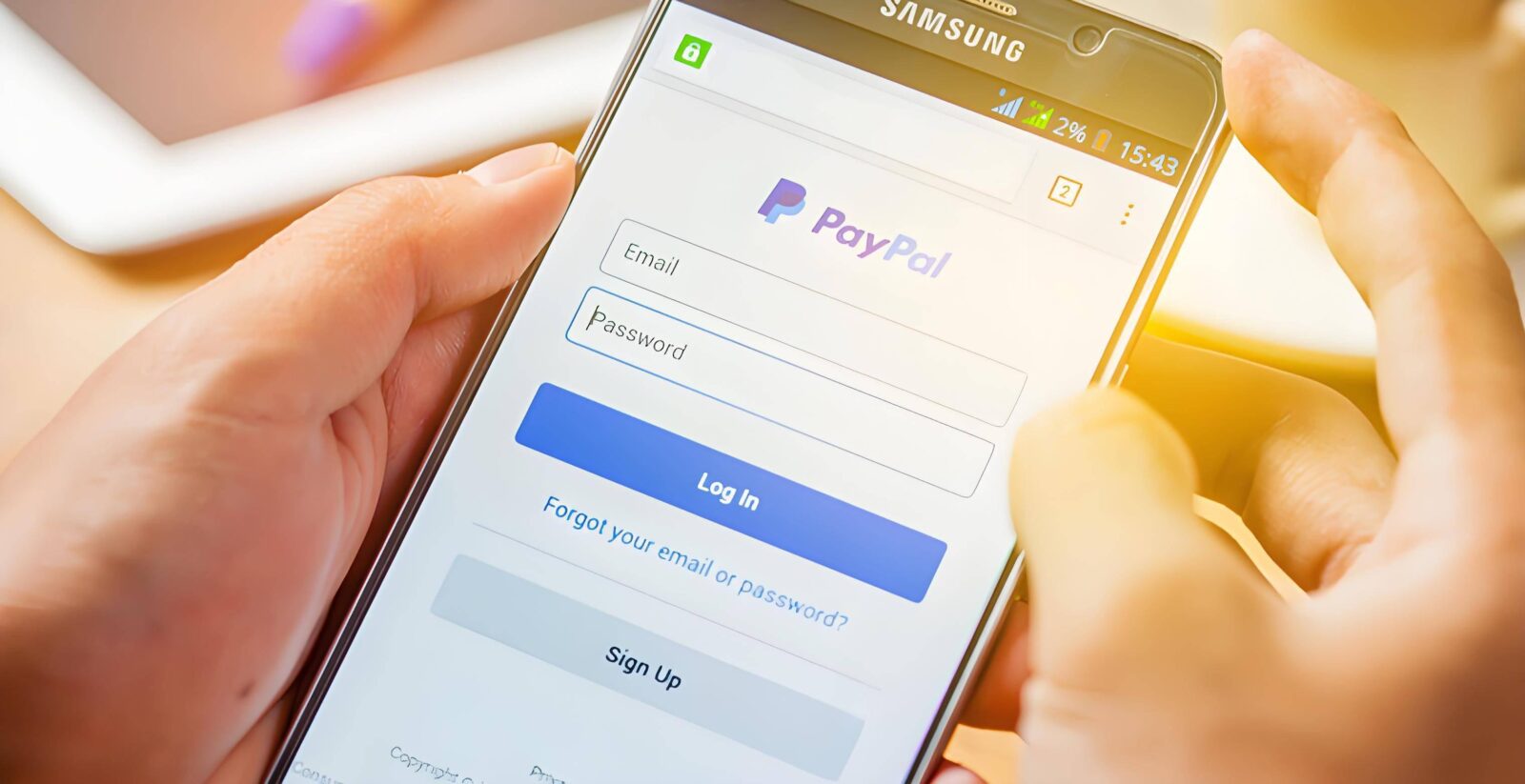
Using PayPal
Everyday Payments in China
Whether you’re getting ready to enjoy Guangzhou dim sum or hop on the Beijing metro, Alipay is the app that’s going to be most useful. Attaching a foreign debit or credit card is possible, but some purchases incur a 3% charge. PayPal, by contrast, is all but invisible in local shops. I mean, I attempted to spend money for dumplings on PayPal and received only puzzled looks — that’s just not how it works here.
For everyday things to do in China, such as purchasing a snack or accessing the subway, Alipay becomes second nature once established. The power of PayPal is overseas, and in everyday life within Chinese territory it's not particularly much use. Tourists limited to using only PayPal frequently end up traveling with extra cash, defeating the entire purpose of frictionless digital payment.
Using Both Apps for Flexibility
The most intelligent thing is not to select one but to lay the groundwork for both. Download Alipay and switch it into English, and sign up with your passport and a SIM card before you arrive. Keep PayPal at the ready for flights or hotels booked on global platforms. In Shanghai, I bought baozi using an Alipay QR code, while PayPal footed the bill for a ticket home online.
With both, you have all the angles covered. Alipay takes care of daily life, while PayPal caters for cross-border needs. This combination is more secure and more versatile, as a card link can fail on one platform. It’s a bit of work up front that will save stress later and allow you to better enjoy your trip.
Practical Tips and Future Trends
Don’t go thinking PayPal will work in Chinese restaurants or local markets; it won’t. For online payments within China, Use Alipay and save PayPal for shopping internationally. The digital world is moving quickly: the digital yuan is being tested in cities, and BNPL services are crawling out of the woodwork. Between 2025 and beyond, the Chinese mobile payment market will continue growing, according to Frost & Sullivan.
For travelers, that means you need to keep informed. For now, there’s not a tremendous amount you can do to avoid Alipay, and PayPal is still your global safety net. The tale of Alipay vs PayPal may become another in a few years, but in 2025 the two apps inter-operate rather than displace each other.
Essential FAQs: Addressing Traveler Questions
Q: Can I use PayPal to pay in Chinese restaurants or stores?
A: Most small stores and even night markets in China will not take PayPal. Restaurants and local shops are all established to take payment via QR code on Alipay or WeChat Pay, and staff members might not even know what PayPal is. It’s useful for foreign online payments, but isn’t exactly day-to-day for things to do in China like dining or shopping. Best to have that Alipay at the ready, because even convenience stores usually don’t accept foreign debit cards. PayPal can be a good backup, but don’t rely on it for street food.
Q: Do I have to have a Chinese bank account to use Alipay?
A: You don’t need one. Register and link a Visa, Mastercard or JCB credit or debit card with a passport and Chinese SIM card. Some local accounts are still preferred at some shops and foreign cards might add a 3% fee, but the convenience is usually worth it. Simply complete the real-name check early with your passport and you won’t have any problems paying digitally at metro stations or shops.
Q: What is a better app for booking in hotels in China?
A: A number of area hotels, particularly on CTrip; they accept Alipay and QR code payments, so it’s convenient once you land. PayPal can be handy for the international booking sites before your trip, where the card linking seems to not work. Smaller guesthouses may still request cash, so it’s wise to carry some RMB.
Q: Is PayPal more secure than Alipay in China?
A: They are both safe, just in different ways. Buyer protection For a worry-free purchase on other online payment websites, you can rely on PayPal. Alipay uses fraud-prevention systems and big data checks to freeze suspicious activities or transactions, but also potentially freezing your money. For traveling, PayPal is safer to use for international shopping, though Alipay is the service most people rely on daily inside China.
Q: What about exchange rates with the use of Alipay vs PayPal?
A: Alipay tends to track close to market rates, although there can be a 3% service charge for overseas cards. PayPal routinely slaps on extra currency conversion fees, the kind that you only notice later when looking at your bank statement. For small-ticket items like tea or metro rides, if you’re paying for them, Alipay is cheaper. When making large cross-border purchases, PayPal remains reliable. It’s still relatively inexpensive and you get what you pay for there.
Q: Can I take cash out with Alipay if I am a tourist?
A: Yes, but limits apply. Tourists can withdraw to a foreign debit card, but withdrawals beyond a regular monthly cap incur a 0.1% fee. It works, but it’s a little slow and not always worth the hassle. You should rely on QR scan as much as is humanly possible. You should keep a tiny amount of RMB around for the buses or some rural shops that don’t take digital payments.
Q: Do we need to install both Alipay and PayPal before the trip?
A: Yes. Alipay is for daily life in China, from hotpot dinners to museum tickets. Flights and cross-border shopping can use PayPal. I had my Alipay card link break before, and thanks to PayPal I didn’t get screwed. Doing both in advance saves an immense amount of stress upon arrival.
Q: Will the digital yuan substitute Alipay and PayPal soon?
A: The digital yuan (e-CNY) is still in trials in some cities, including Shenzhen. Locals show interest, but Alipay and WeChat Pay still dominate as the main digital payment tools. For travelers, e-CNY will not take over anytime soon. The key choice in 2025 is still Alipay vs PayPal, not whether you need China’s new money.


